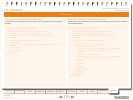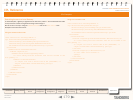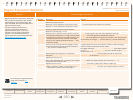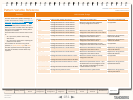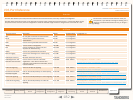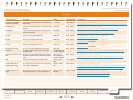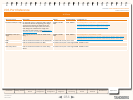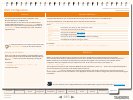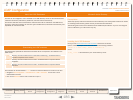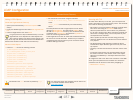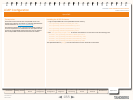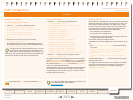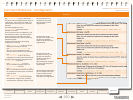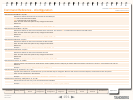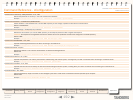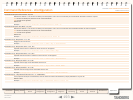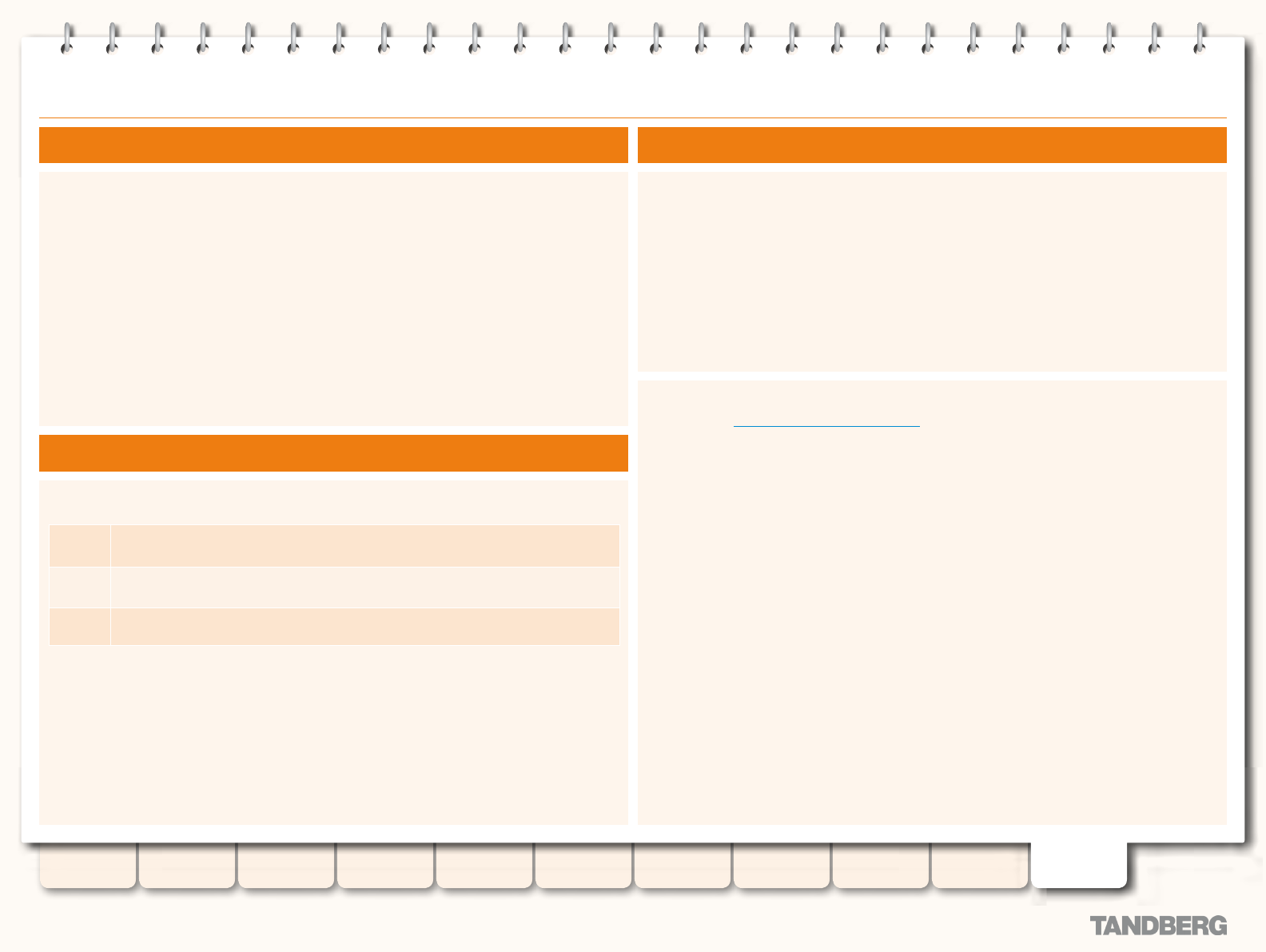
186
D14049.03
MAY 2008
Grey Headline (continued)
TANDBERG VIDEO COMMUNICATIONS SERVER
ADMINISTRATOR GUIDE
Introduction Getting Started
Overview and
Status
System
Conguration
VCS
Conguration
Zones and
Neighbors
Call
Processing
Bandwidth
Control
Firewall
Traversal
Maintenance Appendices
LDAP Conguration
The VCS can be congured to use a database on an LDAP Directory Server to store authentication
credential information (usernames, passwords, and other relevant information)
This section describes how to download the schemas that must be installed on the LDAP server,
and how to install and congure two common types of LDAP servers, Microsoft Active Directory and
OpenLDAP, for use with the VCS.
About the LDAP Databases
The following ITU specication describes the schemas which are required to be installed on the
LDAP server:
H.350 Directory services architecture for multimedia conferencing - An LDAP schema to
represent endpoints on the network.
H.350.1 Directory services architecture for H.323 - An LDAP schema to represent H.323
endpoints.
H.350.2 Directory services architecture for H.235 - An LDAP schema to represent H.235
elements.
The schemas can be downloaded in ldif format from the web interface on the VCS. To do this:
Navigate to 1. VCS Conguration > Authentication > LDAP > Schemas. You will see a list of
downloadable schemas.
Click on the 2. Download button next to each le to open it.
Downloading the LDAP schemas
Prerequisites
These step-by-step instructions assume that Active Directory has already been installed. For details
on installing Active Directory please consult your Windows documentation.
The following instructions are for Windows Server 2003 Enterprise Edition. If you are not using this
version of Windows, your instructions may vary.
Microsoft Active Directory
Installing the H.350 Schemas
Once you have downloaded the H.350 schemas, install them as follows:
Open a command prompt and for each le execute the following command:
ldifde -i -c DC=X <ldap _ base> -f lename.ldf
where:
<ldap _ base> is the base DN for your Active Directory server.



